Introduction
In an increasingly interconnected world, the ability to live independently and rely on your own skills is more valuable than ever. Whether you’re preparing for emergencies, aiming to reduce your environmental footprint, or simply wanting to live a more self-reliant lifestyle, mastering self-sufficiency skills is essential. In this guide, we’ll explore practical skills and strategies to help you live independently, from growing your own food to generating your own energy.
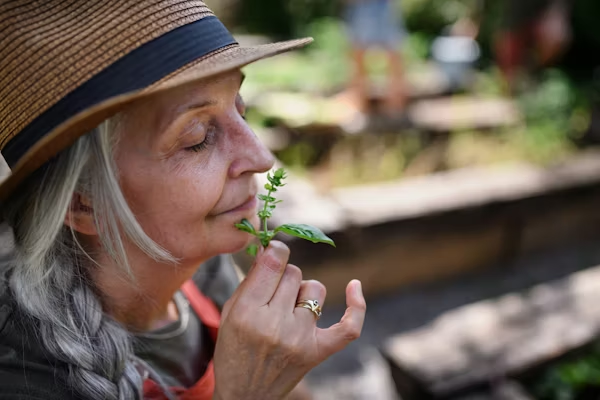
Why Self-Sufficiency Matters
Self-sufficiency is about more than just survival—it’s about empowerment, resilience, and sustainability. By learning to rely on your own abilities, you can:
- Reduce your dependence on external systems.
- Save money by producing your own resources.
- Gain confidence and a sense of accomplishment.
- Contribute to a more sustainable and eco-friendly lifestyle.
Essential Self-Sufficiency Skills
1. Growing Your Own Food
Growing your own food is one of the most rewarding self-sufficiency skills.
- Start a Garden: Choose easy-to-grow vegetables like tomatoes, lettuce, and herbs.
- Composting: Turn kitchen scraps and yard waste into nutrient-rich compost for your garden.
- Preserving Food: Learn techniques like canning, drying, and freezing to store your harvest.
2. Raising Livestock
If you have the space, raising animals can provide a sustainable source of food.
- Chickens: Provide eggs and meat, and help control pests in your garden.
- Goats: Offer milk and can be raised for meat.
- Bees: Produce honey and pollinate your plants.
3. Water Collection and Purification
Access to clean water is crucial for self-sufficiency.
- Rainwater Harvesting: Install rain barrels to collect and store rainwater.
- Water Purification: Learn methods like boiling, filtering, and using purification tablets.
- Well Drilling: If possible, consider drilling a well for a reliable water source.
4. Generating Your Own Energy
Reducing reliance on the grid is a key aspect of self-sufficiency.
- Solar Power: Install solar panels to generate electricity.
- Wind Power: Use wind turbines if you live in a windy area.
- Wood Stoves: Heat your home and cook food using a wood-burning stove.

5. Building and Repairing
Being able to build and repair things yourself saves money and reduces waste.
- Basic Carpentry: Learn to build simple structures like sheds or chicken coops.
- Plumbing and Electrical Work: Handle minor repairs and installations.
- Sewing and Mending: Repair clothing and household items instead of replacing them.
6. Cooking from Scratch
Cooking your own meals is healthier and more cost-effective.
- Baking: Make your own bread, pastries, and other baked goods.
- Preserving: Learn to make jams, pickles, and fermented foods.
- Foraging: Identify and harvest wild edible plants and mushrooms.
7. First Aid and Healthcare
Knowing how to care for yourself and others is vital.
- First Aid: Learn basic first aid skills like CPR and wound care.
- Herbal Medicine: Grow and use medicinal herbs for common ailments.
- Fitness and Wellness: Maintain your physical and mental health through exercise and mindfulness practices.
8. Financial Independence
Managing your finances wisely is a key part of self-sufficiency.
- Budgeting: Track your income and expenses to live within your means.
- Saving and Investing: Build an emergency fund and invest in assets that grow over time.
- Debt Management: Avoid unnecessary debt and pay off existing debts as quickly as possible.
Tips for Developing Self-Sufficiency Skills
- Start Small: Focus on one skill at a time and gradually build your knowledge.
- Learn Continuously: Take classes, read books, and watch tutorials to expand your skills.
- Practice Regularly: The more you practice, the more confident and proficient you’ll become.
- Connect with Others: Join communities or groups of like-minded individuals to share knowledge and resources.
- Be Patient: Self-sufficiency is a journey, not a destination. Celebrate small victories along the way.
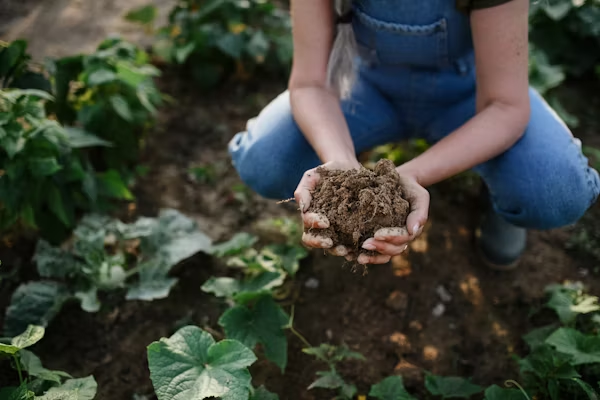
Benefits of Self-Sufficiency
- Resilience: You’ll be better prepared to handle emergencies and disruptions.
- Sustainability: Reducing your reliance on external systems helps protect the environment.
- Cost Savings: Producing your own resources can save you money in the long run.
- Empowerment: Gaining new skills boosts your confidence and independence.
- Health and Well-Being: Growing your own food and living a simpler lifestyle can improve your physical and mental health.
Conclusion
Self-sufficiency is a powerful way to take control of your life, reduce your environmental impact, and build resilience. By mastering essential skills like growing food, generating energy, and managing finances, you can live more independently and sustainably.
- Start with basic skills like gardening and cooking from scratch.
- Gradually expand to more advanced skills like raising livestock and generating energy.
- Practice regularly and connect with others to share knowledge and resources.
- Enjoy the benefits of resilience, sustainability, and empowerment.
FAQs
1. What’s the easiest self-sufficiency skill to start with?
Gardening is a great starting point, as it provides immediate rewards and requires minimal investment.
2. How can I learn self-sufficiency skills?
Take classes, read books, watch tutorials, and join communities of like-minded individuals.
3. Is self-sufficiency expensive to achieve?
While some skills require initial investment, many are cost-effective and can save you money in the long run.
4. Can I be self-sufficient in an urban environment?
Yes, urban self-sufficiency is possible through container gardening, composting, and other space-saving techniques.
5. What’s the most important self-sufficiency skill?
Financial independence is crucial, as it provides the foundation for other self-sufficiency efforts.
By embracing self-sufficiency, you can create a more resilient, sustainable, and fulfilling lifestyle. Start small, stay committed, and enjoy the journey toward independence!

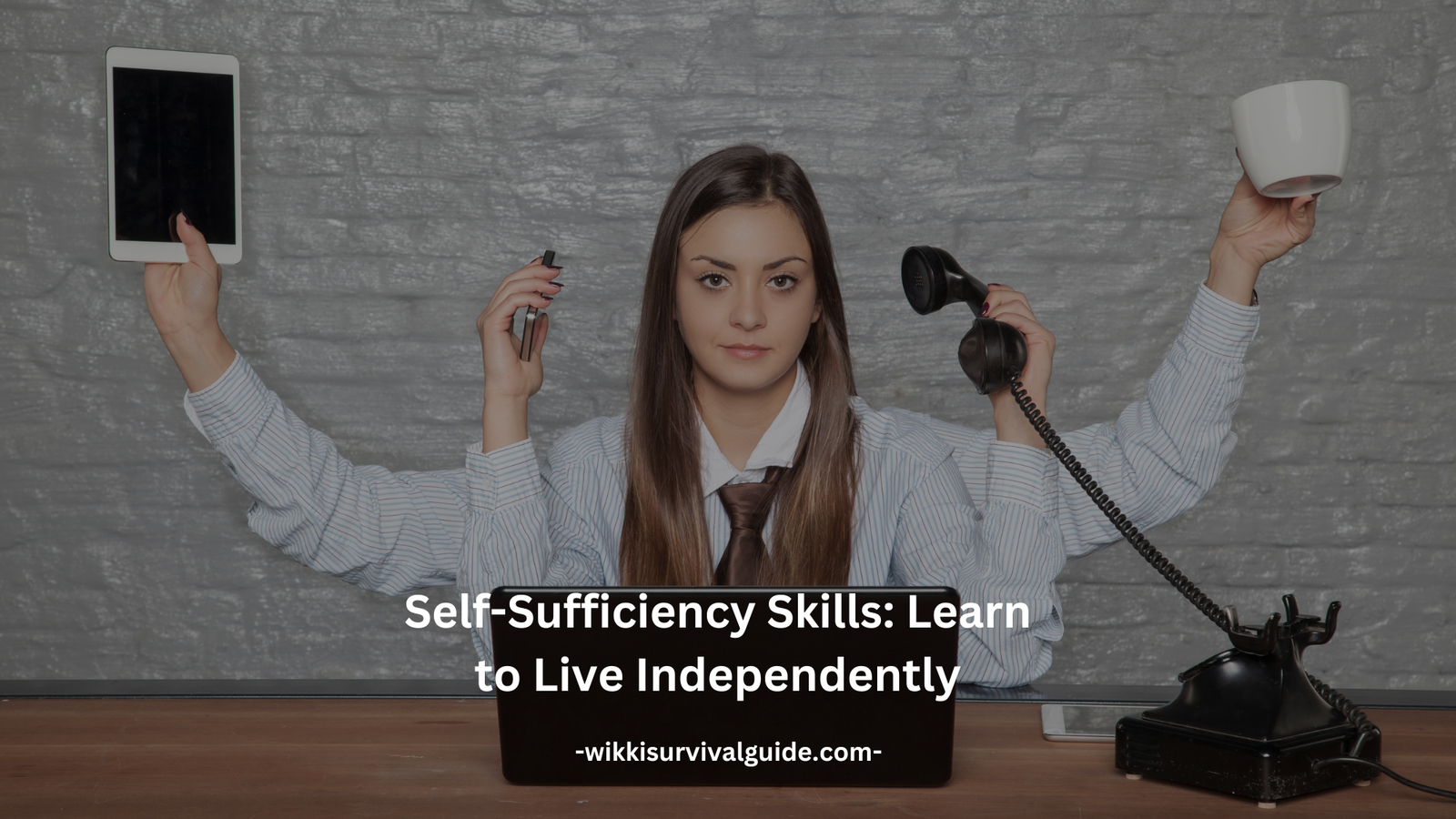
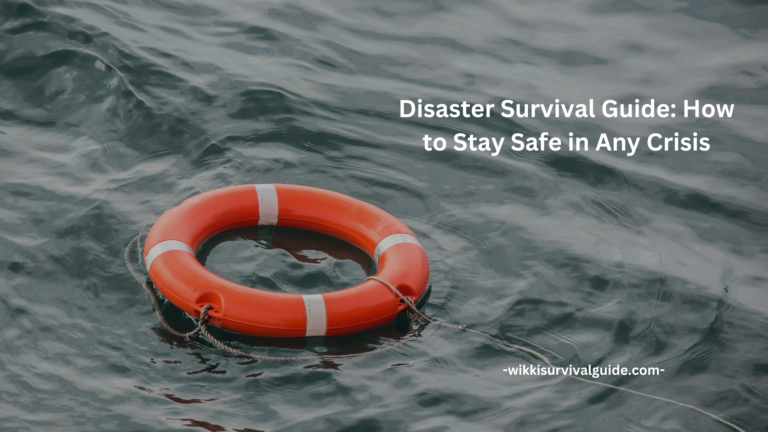
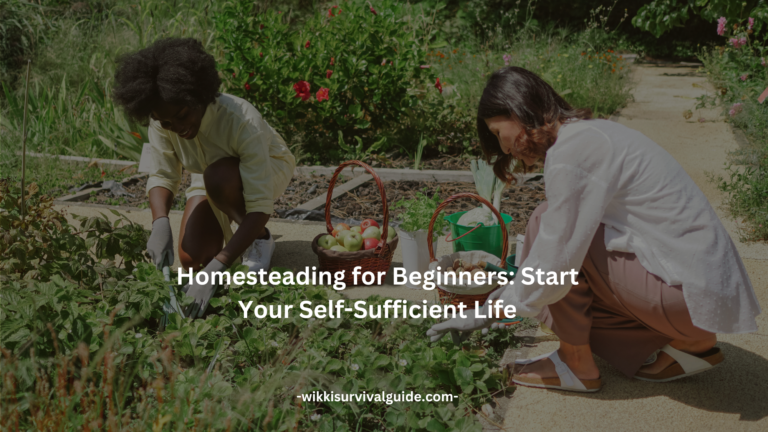
1 Comment